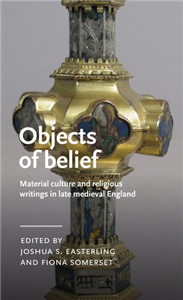Papadopoulos Publishing SA
Papadopoulos Publishing, a Greek, family-owned publishing house, was founded in 1953. From its inception the publishing house excelled in children’s books publishing, establishing its name over the year as a household name for quality children’s books. Since 2010 we have expanded our catalog to adult titles as well, beginning with nonfiction and later on with fiction. Currently, the business is managed by the family’s fourth generation. Our full catalog comprises more than 1500 titles in stock and we own our own logistics and distribution facilities. Our books are carried by more than 1000 sales points (bookshops, supermarkets) all over Greece and Cyprus. FarosBooks, our London-based subsidiary was launched in March 2019. It is a new publishing venture with a vision to inspire and entertain by publishing quality picturebooks for young children. FarosBooks aims both to the UK and international children's book market.10-15 new titles will be published every year. For more details, visit www.farosbooks.co.uk
View Rights Portal






















